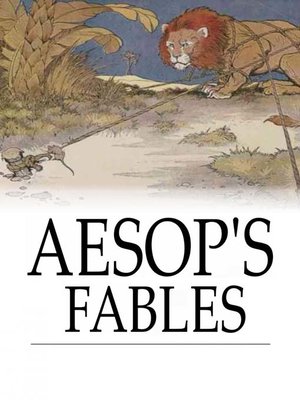
Sign up to save your library
With an OverDrive account, you can save your favorite libraries for at-a-glance information about availability. Find out more about OverDrive accounts.
Find this title in Libby, the library reading app by OverDrive.



Search for a digital library with this title
Title found at these libraries:
| Loading... |
Aesop was an Ancient Greek story-teller and slave, famed and cherished for his short fables that often involve personified animals. In the renowned collection of works that is Aesop's Fables, he weaves moral education and entertainment together into tales that have been enjoyed by many, many generations. A lot of the stories in Aesop's Fables, such as The Fox and the Grapes (giving us the term "sour grapes"), The Tortoise and the Hare, The North Wind and the Sun and The Boy Who Cried Wolf, are well-known across the world. The 1st century philosopher Apollonius of Tyana said of Aesop:
"...like those who dine well off the plainest dishes, he made use of humble incidents to teach great truths, and after serving up a story he adds to it the advice to do a thing or not to do it. Then, too, he was really more attached to truth than the poets are; for the latter do violence to their own stories in order to make them probable; but he by announcing a story which everyone knows not to be true, told the truth by the very fact that he did not claim to be relating real events. And there is another charm about him, namely, that he puts animals in a pleasing light and makes them interesting to mankind. For after being brought up from childhood with these stories, and after being as it were nursed by them from babyhood, we acquire certain opinions of the several animals and think of some of them as royal animals, of others as silly, of others as witty, and others as innocent." (Philostratus, Life of Apollonius of Tyana, Book V:14)






